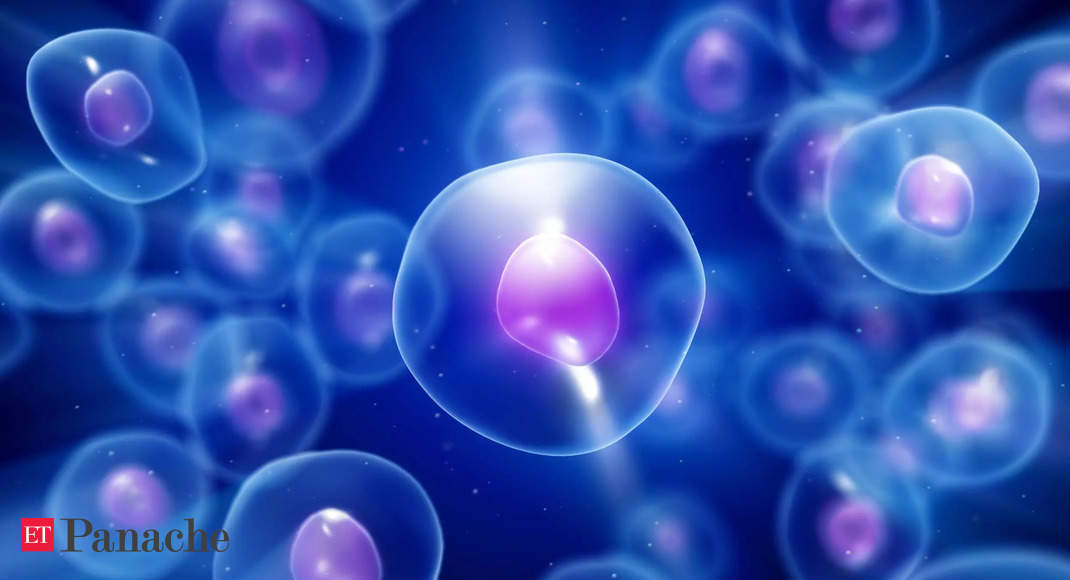Researchers at the Queensland Brain Institute (QBI), The University of Queensland, Australia, have made a significant discovery in the field of anti-aging research. They have found an anti-aging function in a protein called ATSF-1, deep within human cells. This protein is responsible for controlling the delicate balance between the creation of new and the repair of damaged mitochondria, which are responsible for producing energy in the cell.
The team of researchers, led by associate professor Steven Zuryn, explained that mitochondria play a crucial role in powering biological functions. However, the toxic by-products produced during this process also contribute to the aging process of the cell. This finding is significant as mitochondrial dysfunction is at the core of many human diseases, including age-related diseases like dementias and Parkinson’s.
Zuryn further explained, “Our finding could have exciting implications for healthy aging and for people with inherited mitochondrial diseases. In conditions of stress, when mitochondrial DNA has been damaged, the ATSF-1 protein prioritizes repair, which promotes cellular health and longevity.” This means that the protein activates a pathway for repairing damaged mitochondria, improving the overall cellular health.
During the study, the research team studied the function of ATSF-1 in C. elegans, a type of roundworm. They found that enhancing the function of ATSF-1 promoted cellular health, making the worms more agile as they aged. While longevity was not significantly affected, the worms remained healthier as they grew older. This highlights the importance of understanding how cells promote repair as a step towards identifying interventions to prevent mitochondrial damage.
The research findings were published in the journal Nature Cell Biology, and the authors believe that this discovery could pave the way for developing interventions to prevent mitochondrial damage and prolong the functions of tissues and organs that typically decline during the aging process. Michael Dai, a researcher at QBI, stated, “Our goal is to prolong the tissue and organ functions that typically decline during aging by understanding how deteriorating mitochondria contribute to this process. We may ultimately design interventions that keep mitochondrial DNA healthier for longer, improving our quality of life.”
This breakthrough could have broad implications for anti-aging research and may lead to the development of new treatments for age-related diseases. By understanding how ATSF-1 controls the repair of damaged mitochondria, researchers may be able to develop targeted interventions to improve cellular health and prevent the onset of age-associated conditions.
Mitochondrial health is a key factor in healthy aging, and this study provides valuable insights into the repair mechanism controlled by the ATSF-1 protein. It opens up new avenues for researchers to explore and could potentially lead to the development of innovative therapies for individuals with mitochondrial diseases or those looking to promote healthy aging and improve overall cellular health.











